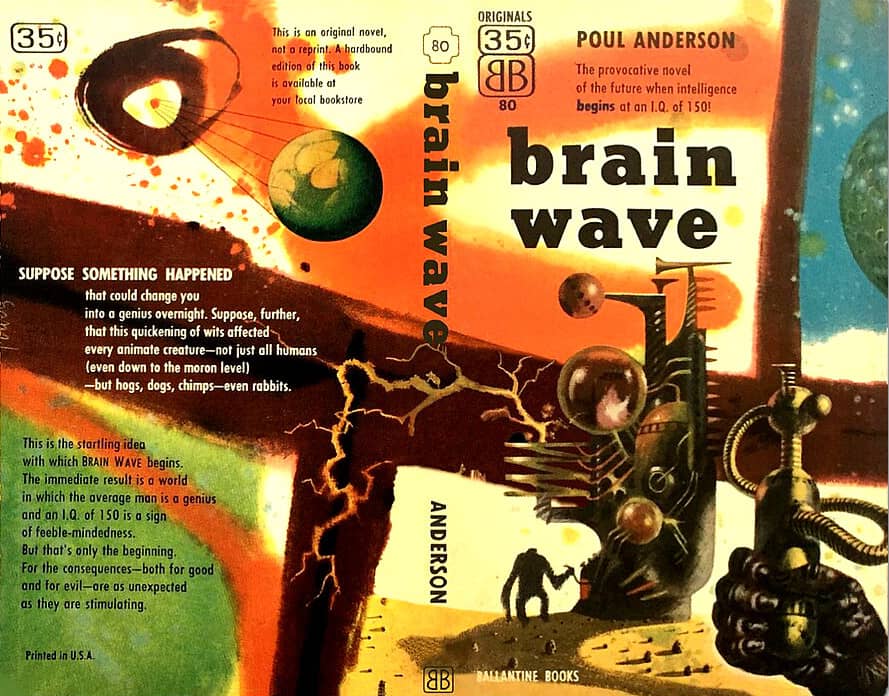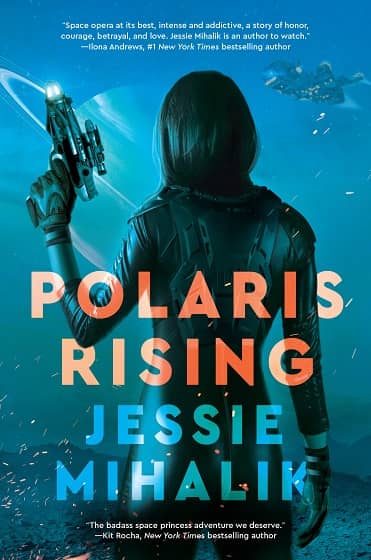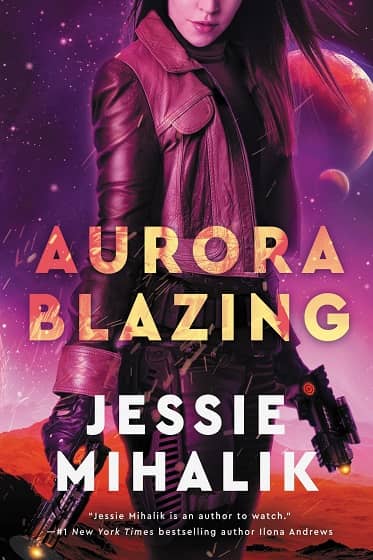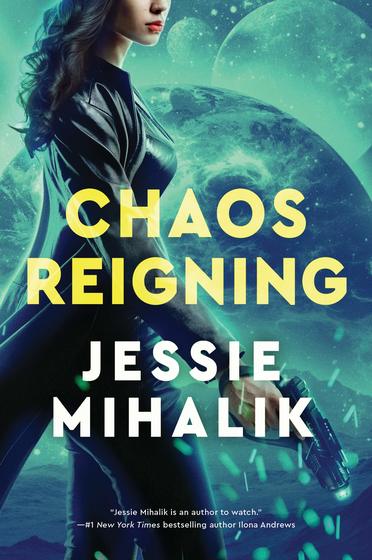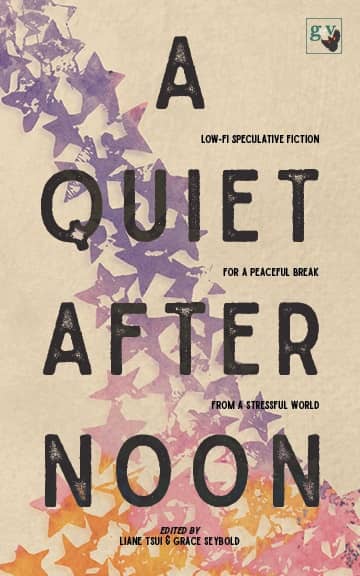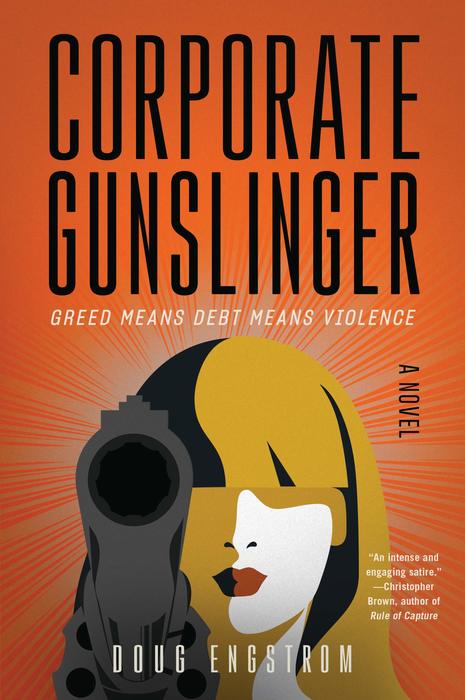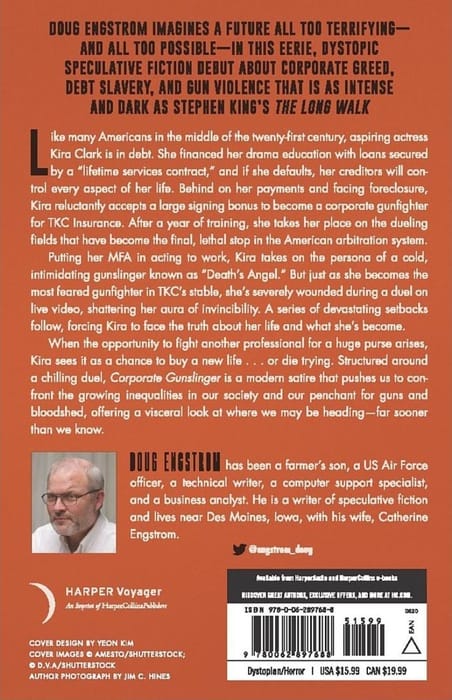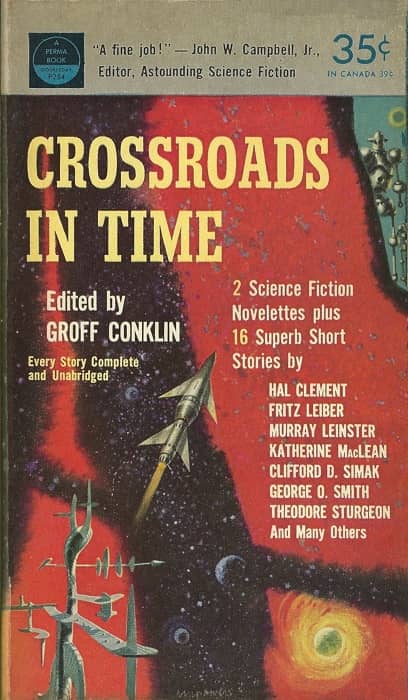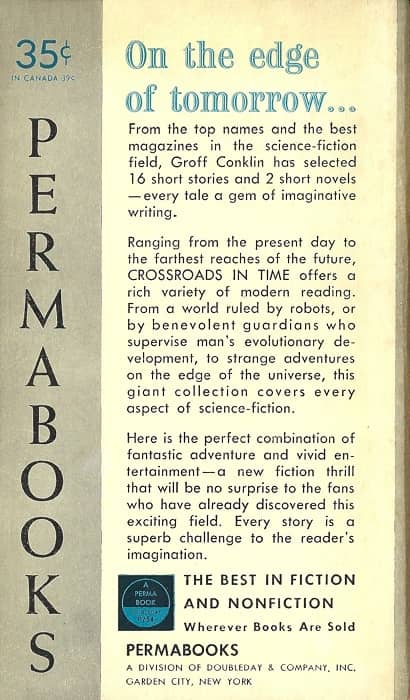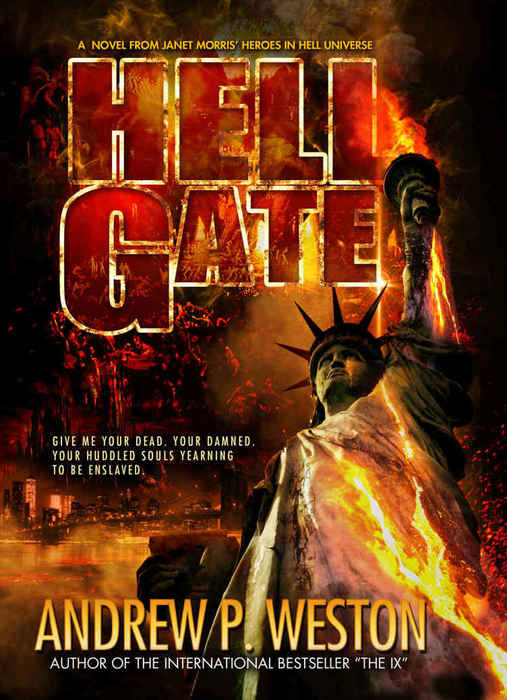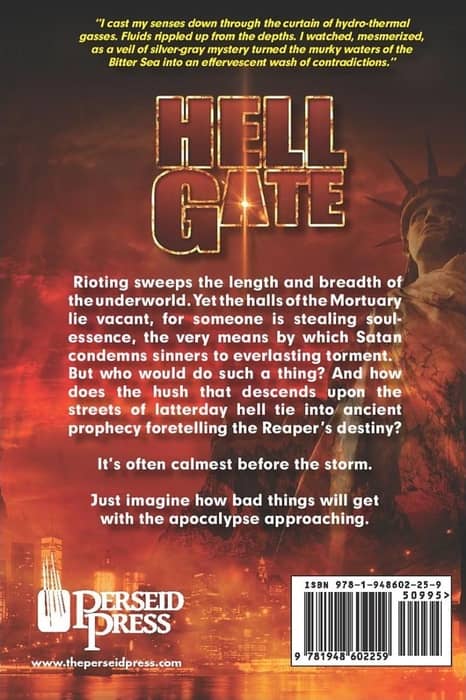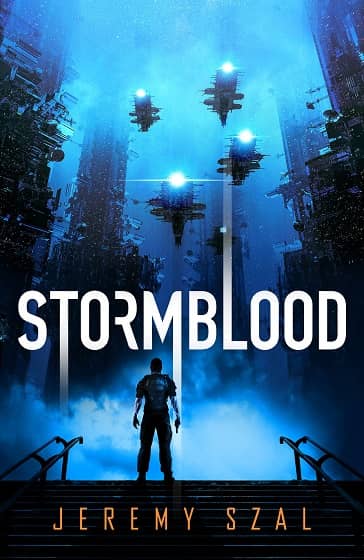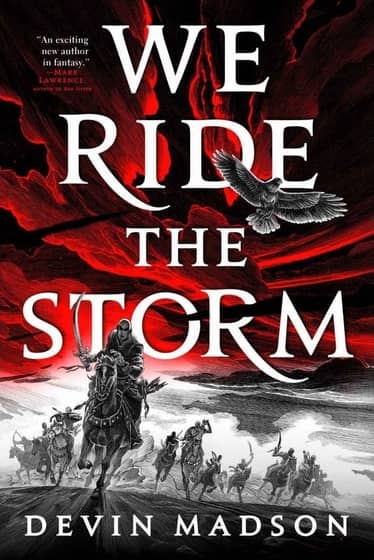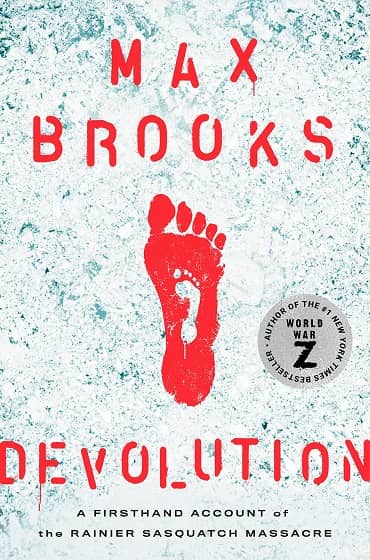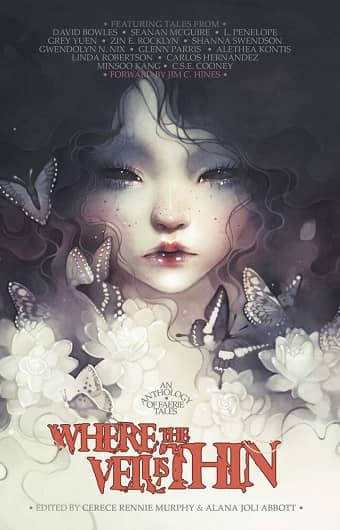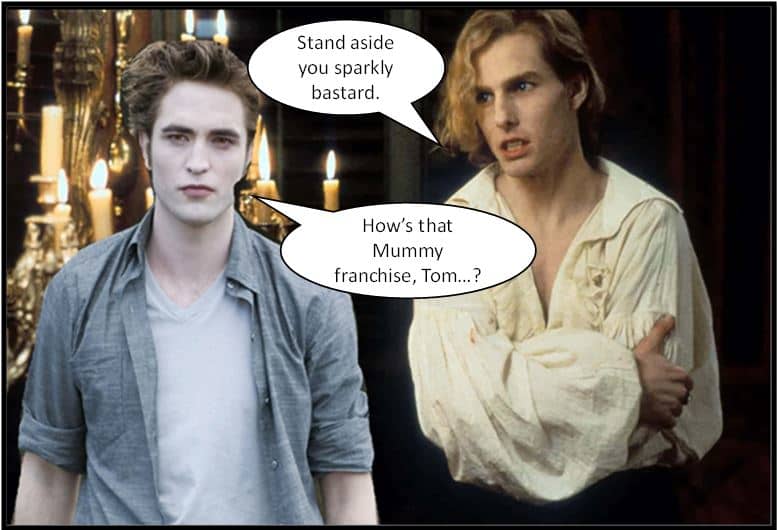Future Treasures: The Only Good Indians by Stephen Graham Jones
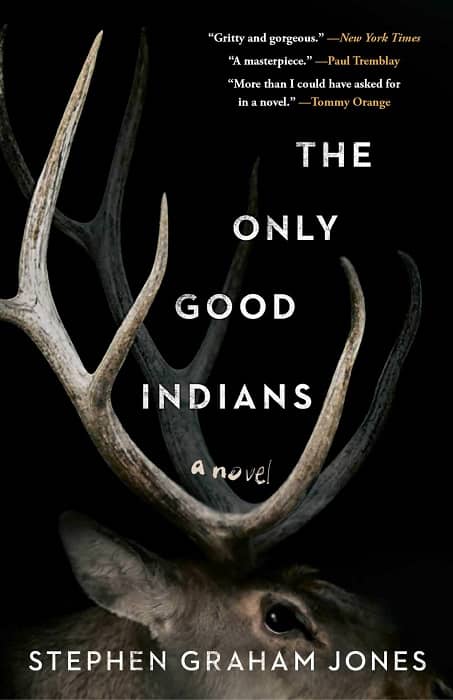 |
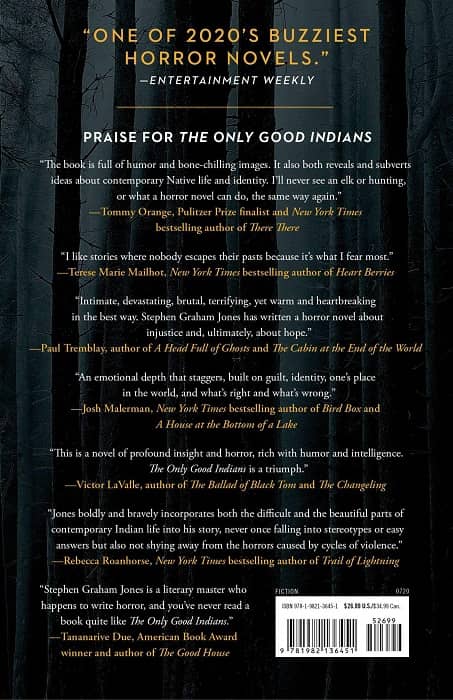 |
Cover designed by Ella Laytham
Stephen Graham Jones is the author of the World Fantasy Award nominee Mapping the Interior, The Last Final Girl, Mongrels, and the acclaimed collection After the People Lights Have Gone Off. His latest novel, The Only Good Indians, arrives from Saga Press in two weeks. Paul Tremblay calls it “A masterpiece,” and my interest was greatly heightened by a rave review at Columbia Journal by Max Asher Miller. Here’s an excerpt:
It’s unabashedly a slasher, and blood is plentiful, but a deeper layer runs through the material as Jones, a Blackfeet native, uses the trappings of horror to delve into a dissection of contemporary Native American identity.
The Only Good Indians follows a friend group of Blackfeet a decade after they trespass on hunting land reserved for tribal elders and slaughter a herd of elk, including a pregnant cow who refuses to die easily. The vengeful spirit manifests as a woman with the head of an elk who tracks the group down one by one to exact revenge. The killings are shocking, yes, but they feel like exclamation points on larger ideas. They are not the entre, but the garnish upon it.
The novel puts its ideas on the table almost immediately with a prologue in which the first of the four main characters, Ricky Boss Ribs, is jumped by a group of white guys from his construction crew outside a dive bar. The racialized dynamic of the attack is its focal point, Jones delineating the body politics of the beat-down…. Constant awareness of what it means to navigate the world as Native American is of central concern to the novel’s characters…
A terrifying whirlwind of blood with the brains to match, The Only Good Indians is sure to be among the most exciting novels this summer can scare up.
The Only Good Indians will be published by Saga Press on July 14, 2020. It is 310 pages, priced at $26.99 in hardcover and $7.99 in digital formats. The cover was designed by Ella Laytham.
See all of our recent coverage of the best upcoming fantasy and horror here.
